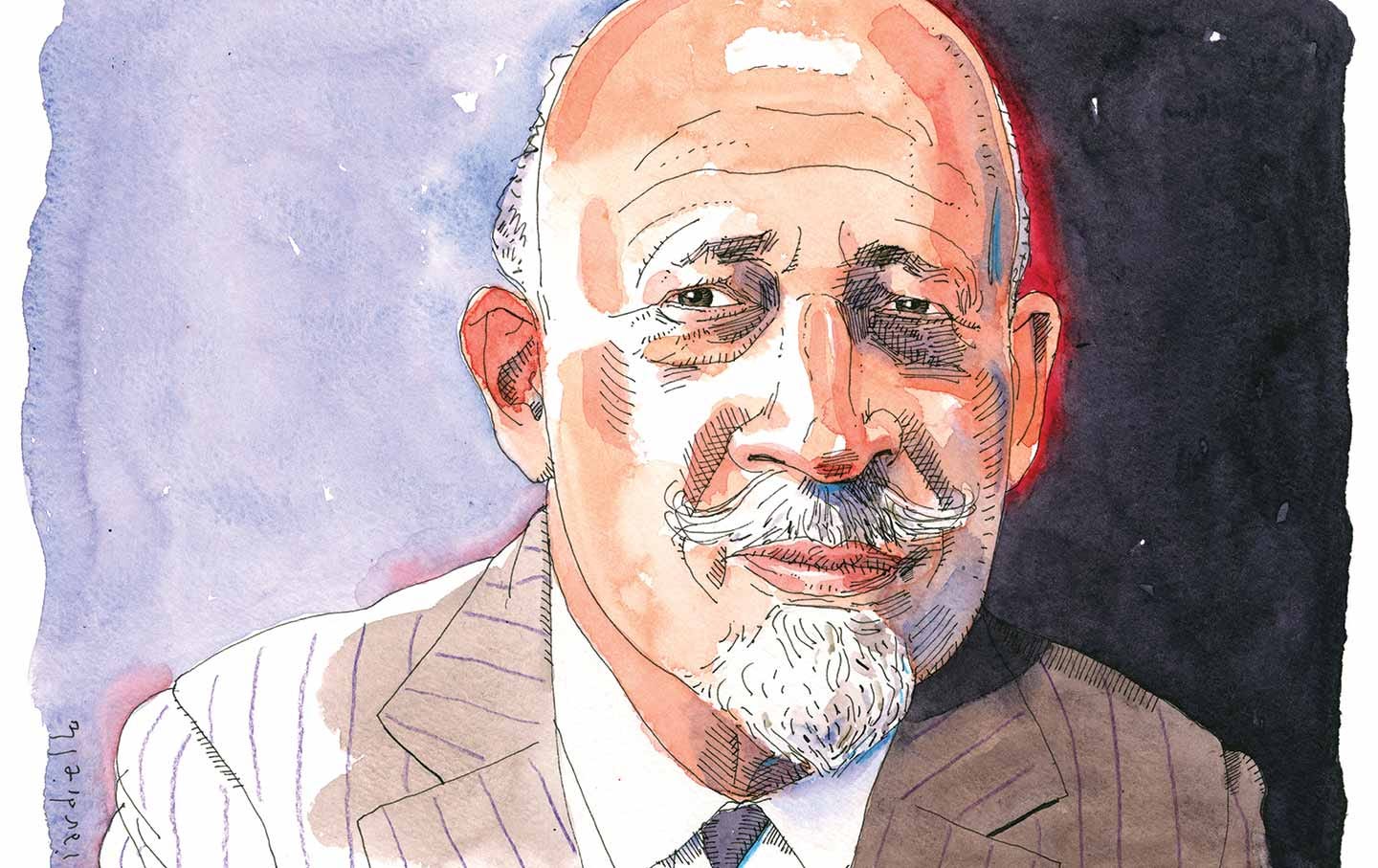
The Chris Hedges Report Podcast with Dr. Gerald Horne on W.E.B. Du Bois who was one of America's most important intellectuals
 2022-08-25
2022-08-25
Illustration by Joe Ciardiello
W.E.B Du Bois was the first Black to earn a doctorate from Harvard University, one of the founders of the National Association for the Advancement of Colored People, or NAACP, and the Niagara Movement, and one of the seminal scholars of American history, author of works such as The Souls of Black Folk, The Philadelphia Negro, his ethnographic survey of Black life that established the field of urban sociology and Black Reconstruction in America, a work that radically altered our understanding of the social and political struggles for democracy by Black Americans in the post-bellum South and which many consider the finest work of American history ever produced. He was as fearless as he was brilliant. He denounced accommodationists such as Booker T. Washington, thundered against Jim and Jane Crow and the reign of terror in the South with its segregation, race laws and lynch mobs, along with the evils of imperialism and colonialism and the inherent cruelty and injustices of capitalism. A supporter of the Russian Revolution and a socialist, he would be swept up in the anti-Communist witch hunts of the 1950s, becoming an outlaw in his own country, hauled into court at the age of 83 and barely escaping imprisonment. He left the United States in 1960 for Ghana to die in exile. Du Bois, like all great intellectuals, gave us the vocabulary to explain ourselves to ourselves. He rivaled, perhaps, only at the time by John Dewey, although Dewey lacked Du Bois’s understanding of the mechanics of empire and the dark machinations of white supremacy. We will today examine some of Du Bois’s fundamental ideas with his biographer Professor Gerald Horne, the Moores Professorship of History and African American Studies at The University of Houston.
This is a public episode. If you’d like to discuss this with other subscribers or get access to bonus episodes, visit chrishedges.substack.com/subscribe
More Episodes
 2024-07-16
2024-07-16
 2024-05-10
2024-05-10
 2024-04-30
2024-04-30
 2024-04-07
2024-04-07
 2024-04-06
2024-04-06
Create your
podcast in
minutes
- Full-featured podcast site
- Unlimited storage and bandwidth
- Comprehensive podcast stats
- Distribute to Apple Podcasts, Spotify, and more
- Make money with your podcast
It is Free
- Privacy Policy
- Cookie Policy
- Terms of Use
- Consent Preferences
- Copyright © 2015-2024 Podbean.com





